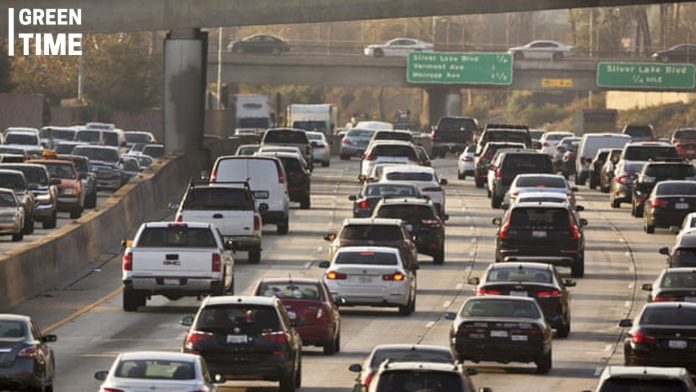A recent study from the University of Michigan reveals that reducing air pollution can help elderly individuals live independently for longer periods. Dr. Boya Zhang, one of the study’s authors, emphasized the known link between air pollution and adverse health effects, including lung disease, heart disease, dementia, and shorter life expectancies. The research team wondered if these health impacts could also influence the ability of older adults to care for themselves.
The study followed 25,314 older Americans from 1996 to 2016, all of whom were living independently at the start. Participants were interviewed every two years. After an average of nine years, 40% required assistance at home or had moved to a care facility due to health or memory issues.
The findings showed a clear link between the decline in independence and local air pollution levels over the previous decade, particularly for those over 75. This connection was strongest with particle pollution from transportation and nitrogen dioxide.
The researchers estimated that 730,000 Americans lose their independence annually due to traffic pollution, accounting for about 15% of those who need care, at a yearly cost of $11.7 billion.
Dr. Sara Adar, the study leader, stated, “Our results provide evidence that the damage done to our bodies by air pollution may alter how well we are able to care for ourselves as older adults. Taking action on air pollution will not only enhance the quality of life for older adults but also reduce the healthcare burdens on society.”
This research supports the recent tightening of the US national ambient air quality standards for particulate matter and highlights the importance of addressing traffic-related pollution for aging health.
Complementary research in China found that indoor air pollution from solid fuel use also increases the need for care. Individuals using solid fuels were 40% more likely to need help with daily activities and 70% more likely to require assistance with tasks like shopping and medication management compared to those using clean energy sources.

